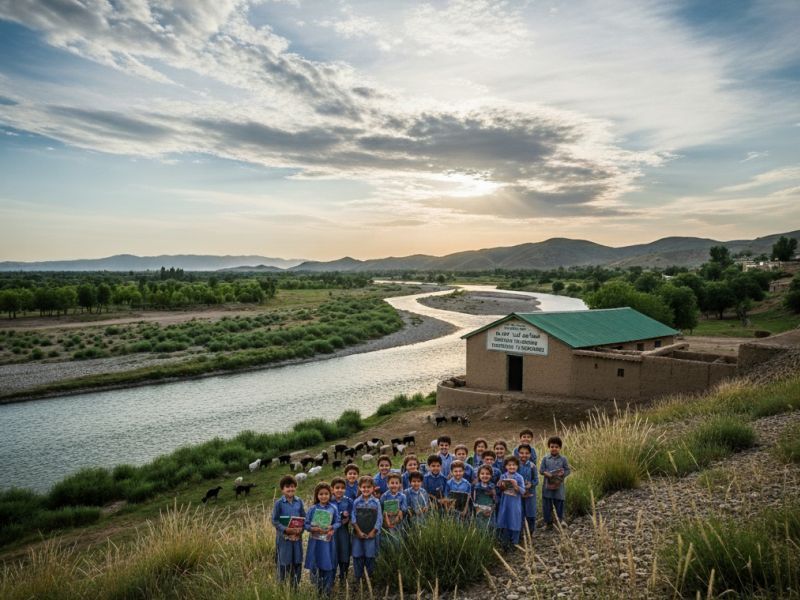Impact Stories
Lighting the Path to Education in VC Shagai, UC Kahi
Lorem ipsum dolor sit amet, consectetur adipiscing elit. Ut elit tellus, luctus nec ullamcorper mattis, pulvinar dapibus leo.
In the heart of village council Shagai, union council Kahi, Tehsil Jehangira of Nowshera district, where rough, rocky and dusty lanes echo with the footsteps of children, many young hopefuls live with the harsh reality that formal education is not always accessible. Public schools often lack basic amenities. Many families do not send their girls to school due to cultural beliefs, poverty, or simply because there is no school near enough. According to recent provincial reports, 37% of children in Khyber Pakhtunkhwa remain out of school, which amounts to about 4.92 million children aged roughly 5 to 16 years. Of these, more than 2.92 million are girls, showing a serious gender disparity.
Furthermore, many government schools lack essential facilities: across 13 districts in KP, including Nowshera, 6,337 public schools are reported without basic amenities such as clean drinking water, proper boundary walls, electricity, toilets and sanitation. In Nowshera alone, 9 schools were counted among those without electricity in a recent survey.
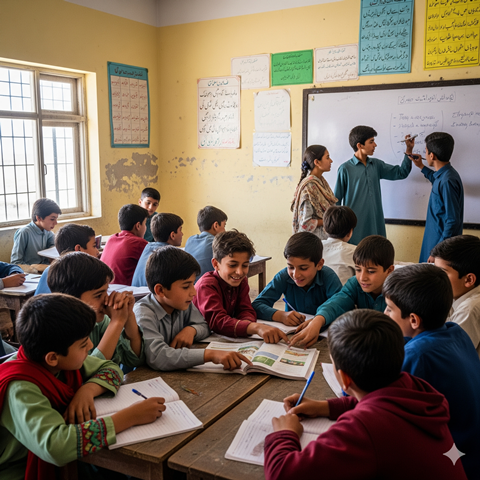
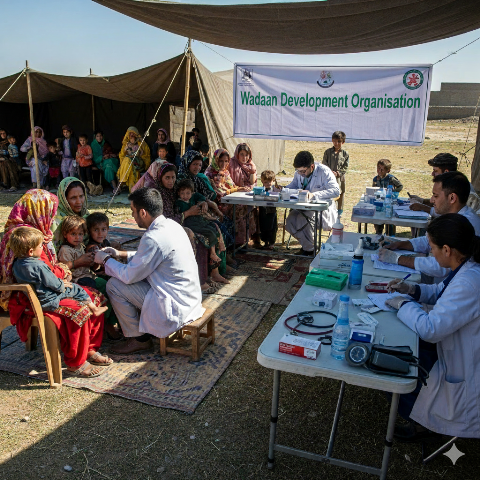
Our Intervention: Awareness Campaigns
Seeing this dire situation, Wadaan Development Organization (WDO) decided to act in early 2024. We launched a series of education awareness campaigns in underprivileged union councils of Nowshera: focusing on remote villages where government school access was limited and many children were out of school.
Key steps included:
- Mobilizing youth volunteers and local elders to hold community meetings, especially engaging parents, religious leaders, and mothers, to highlight the importance of education—especially girls’ education.
- Visiting local schools and informal settlements to distribute informational leaflets, hold interactive workshops with students, and tell stories of successful local role-models who had benefited from schooling.
- Organizing “Education Fairs” in village centers, where children could try sample classes, get basic school supplies (notebooks, pens, uniforms), and meet teachers who volunteered to talk about what school life could offer.
- Collaborating with government school administrations to help improve awareness about provincial opportunities (e.g. free schooling, scholarships, law-mandated compulsory education for age 5-16) among parents.
Why This Matters
Access & Equality: By bringing children who were out of school back into classrooms, the campaign helps uphold the constitutional & international right to free and compulsory education (ages 5-16) in Pakistan.
Long-Term Growth: Educated children are more likely to be healthier, more capable, and able to contribute economically—and educating girls in particular has ripple effects across families and communities.
Gender Gap Reduction: Closing the gap in girls’ enrolment strengthens social cohesion, improves family well being, and aligns with the provincial goal to reduce the disproportionate number of out-of-school girls (over 2.9 million in KP).
Improved School Quality: Awareness also creates demand: parents begin to ask for better facilities, better teachers, and accountability—which pressures authorities to improve school infrastructure and maintenance.
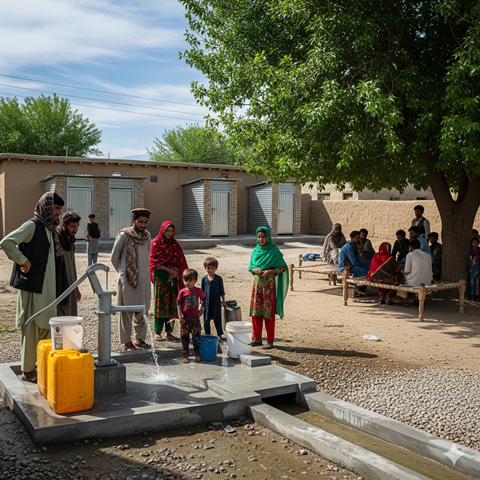
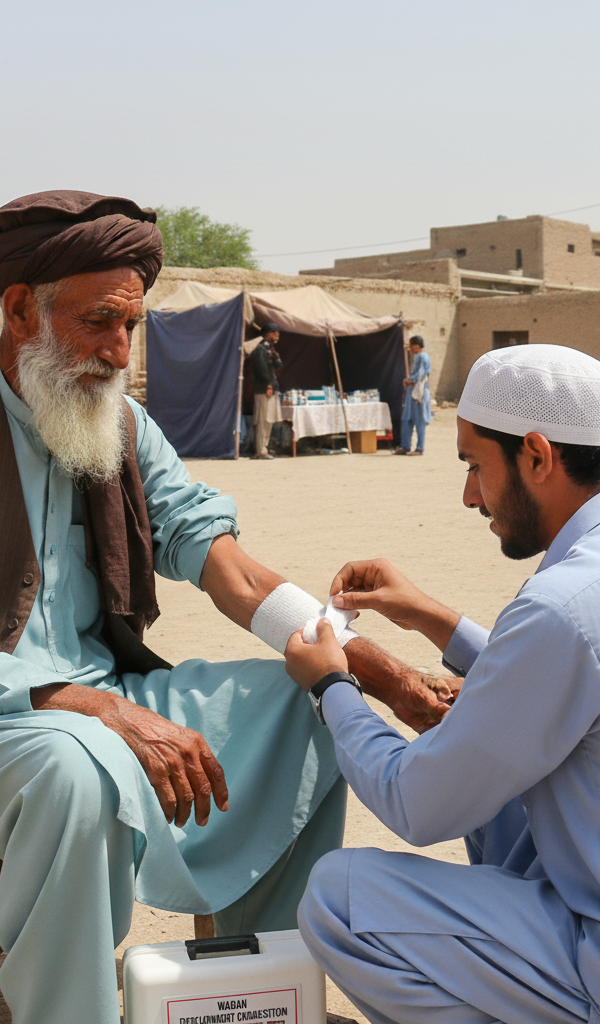
Lessons Learned & Going Forward
Awareness campaigns must involve local influencers (mothers, religious leaders, elders). They are often key to changing perceptions.
Basic facilities (toilets, water, boundary walls) are not a luxury—they are essential to getting girls (especially) into and keeping them in school.
Follow-up is crucial: enrolling students is only first step; monitoring attendance, supporting dropouts, and ensuring the school environment is welcoming matters.
Partnerships with government bodies are necessary—for scaling up, for policy support, and for leveraging resources.
Conclusion
WDO’s awareness campaigns in Nowshera have shown that even in the face of systemic challenges, change is possible. Within a short period, many children previously out of school are now attending classes; girls’ education is gaining greater acceptance; and communities are energized with hope and expectation. Yet, with over 4.9 million out-of-school children across KP and thousands of schools still lacking basics, this success story is just one step among many.
At Wadaan Development Organization, we continue to care—for every child, every family, every community—until education is not a privilege, but a reality for all.
